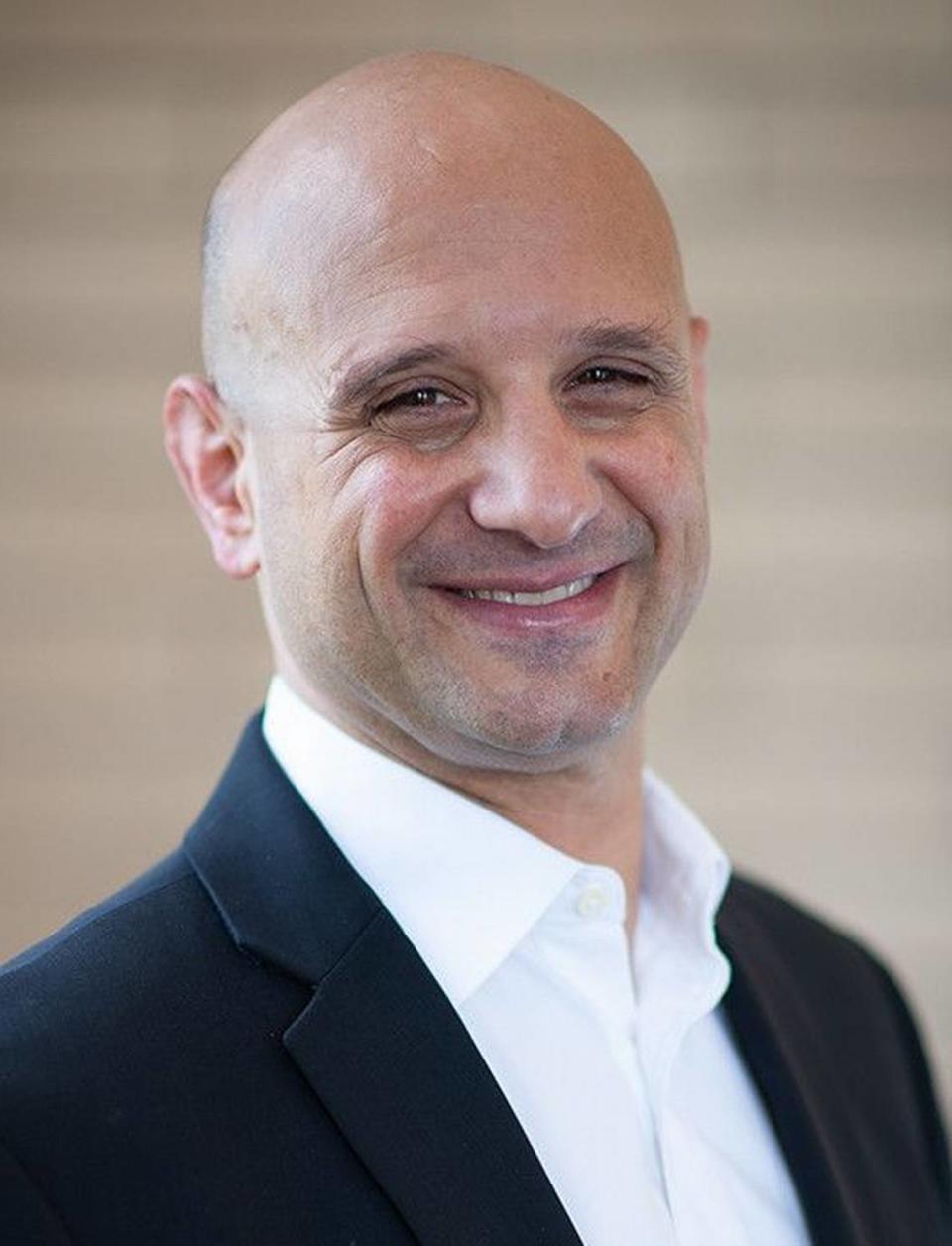Latin America’s fragile democracies need savvy U.S. assistance to fight corruption | Opinion
Corruption undermines democratic governance and development in Latin America. Corrupt political and economic elites steal money from governments, distort elections, evade taxes and obtain privileges through backroom deals. While lining their bank accounts, they deprive society of resources that could go to health, education, welfare and investments in development.
President Joe Biden elevated anti-corruption to the center of his strategy for the Central American Northern Triangle, positioning it as the core policy to address immigration, directing aid resources away from state institutions, and dispatching Vice President Kamala Harris, just days ago to Guatemala to address the issue.
Yet, the fight against corruption is not always what it seems. Across the region, populist, proto-fascist, and anti-democratic actors have ridden to power by claiming the anti-corruption mantle. Leaders descending into authoritarianism use trumped up corruption charges to sideline political opponents.
The fight against corruption is an important part of democratizing politics and creating a more just society. However, it must be waged with nuance and embedded in broader programs of democratic state-building and development.
Recently, Cristiana Chamorro, Nicaragua’s leading conservative opposition candidate, was arrested for alleged money laundering, just months ahead of a November election. The U.S. government and establishment observers justifiably condemned the actions of a judiciary for years controlled by a government perceived as hostile to U.S. interests. Yet, some of these same observers remained silent — or even applauded — when judicial moves sidelined leftist candidates in run-ups to elections in Ecuador, Argentina and Brazil.
In other cases, anti-corruption champions attack both left and right, as putative outsiders seek to delegitimize political elites and claim a path to power. In Peru, the former president was forced out by a congress far dirtier than he. In El Salvador, the president campaigned as an anti-corruption outsider only to cancel the Organization of American States (OAS) mission to combat corruption. The U.N. mission in Guatemala tracked a parallel path, cancelled by the television-clown former president who campaigned as an outsider after the mission had helped to jail his predecessor. A similar OAS body was decommissioned in the third Northern Triangle country, Honduras, by a president that the United States has named as a co-conspirator in drug trafficking.
These developed-world examples offer a useful corrective to those who believe corruption exists only developing countries. Two aspects of the U.S. experience offer additional insights. At the turn of the 20th century, U.S. politics was riddled with corruption, with urban political machines trading favors for votes from otherwise marginalized immigrant populations and corrupt robber-barons commanding the heights of the economy. Civil-service exams, primaries, ballot reforms, procurement regulations and stepped-up punishments sought to tackle corruption, but the efforts had only partial success. The elites behind the political power structures remained.
The reason institutional reforms are not enough is that the power of machines and robber-barons came from the reality of a democratic system operating atop a highly unequal, late-developing nation. The machines and robber-barons faded because of trust-busting of the 1920s, the New Deal of the 1930s and the shared prosperity of the 1940s and onward. Monopoly breakups ceded to diversified and competitive industries; working classes won the right to organize; national programs guaranteed social welfare; and elites paid their fair share in taxes.
U..S policy in Latin America needs to learn the lesson. The fight against corruption, when waged naively, is easily distorted to attack political enemies.
Also, institutional reforms need to pair with efforts to address the reality of late development in highly unequal societies. Latin American countries should raise revenues from the wealthiest, address the social needs of the poorest and build a political system resistant to divisive populist appeals.
Further, the United States needs to recognize that part of the weakness of political systems in the global South originates in the global North. U.S. technology, industry and agriculture, often benefiting from government subsidy and protection, overwhelm weak sectors in Latin America. Firms there survive too often through corruption akin to our robber-barons of old. We press free-trade agreements and fiscal-adjustment policies that too often undermine state capacity. To get rid of corruption, we need to make space for Latin American exports in our markets; help nations build social contracts in which the rich pay their fair share and the poor have rights; and allow them to build capable states that can diversify the economy to the benefit of all.
Aaron Schneider is Leo Block Professor and associate dean for academic affairs at the Josef Korbel School of International Studies at the University of Denver. Mark L. Schneider is senior advisor at the Center for International Affairs and former assistant administrator at the U.S. Agency for International Development.


